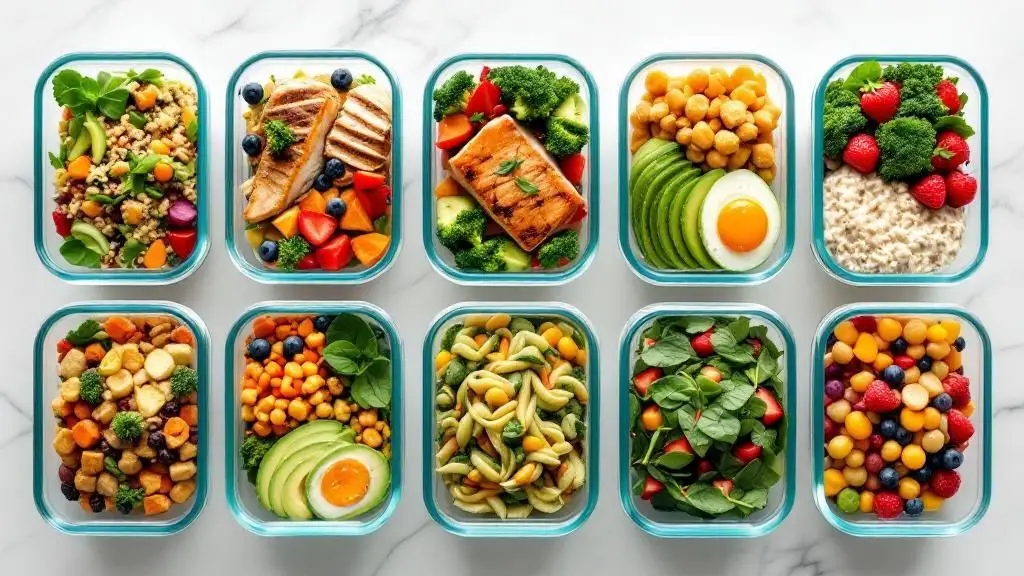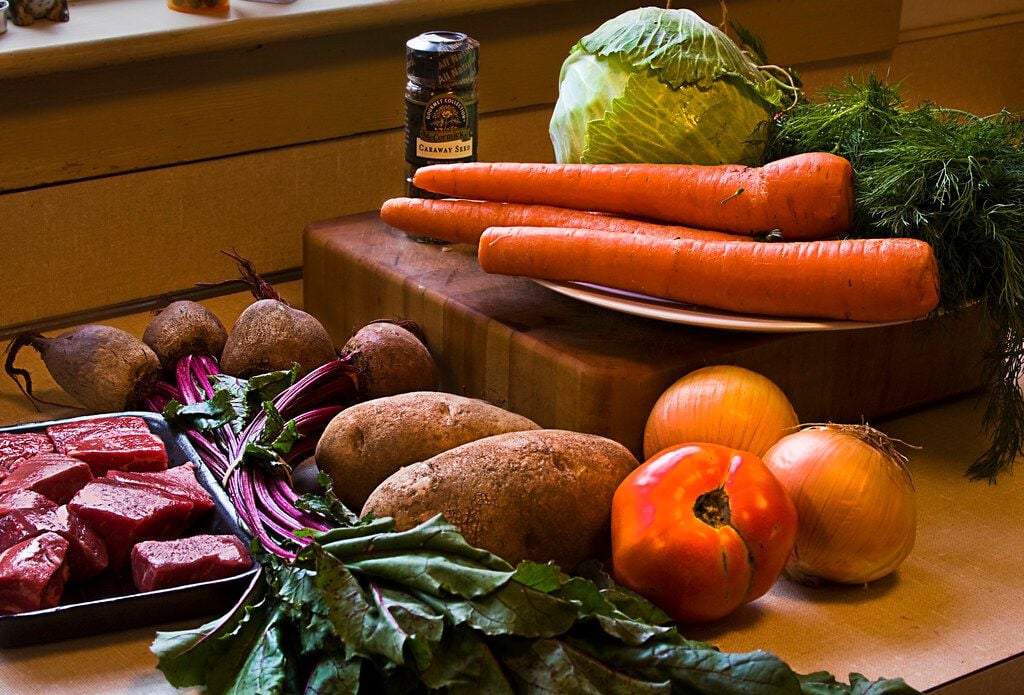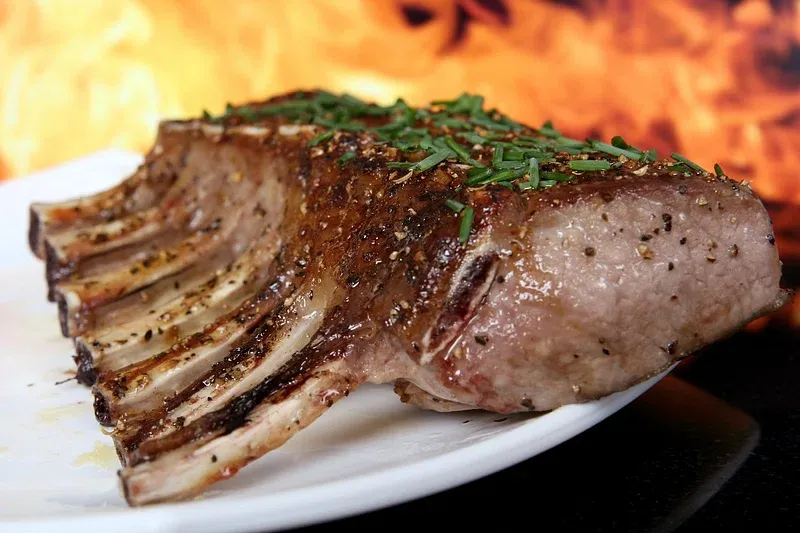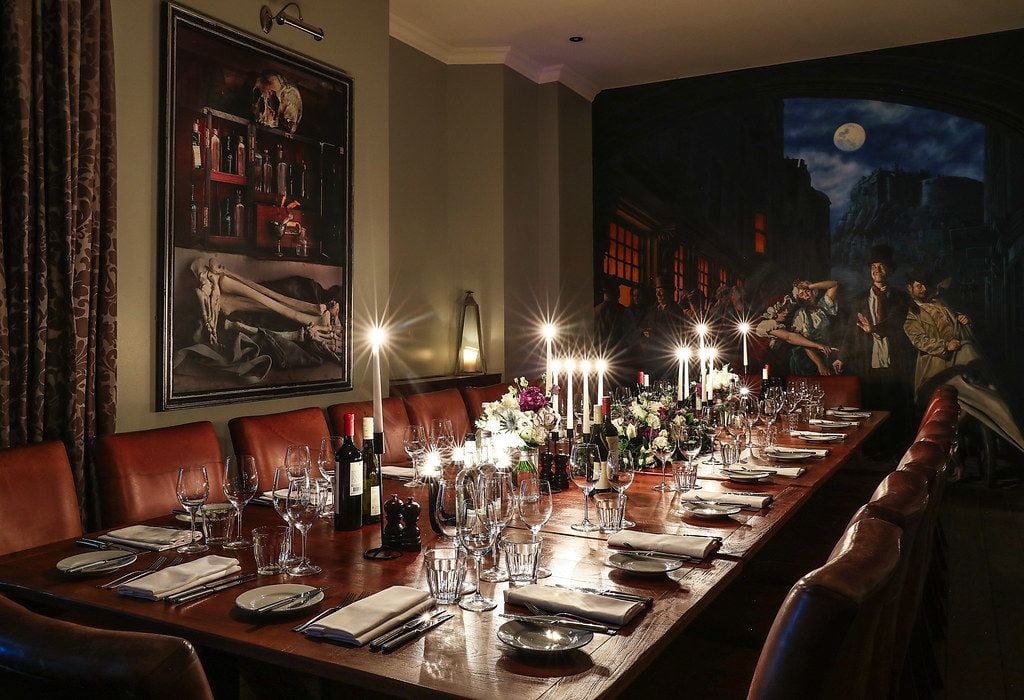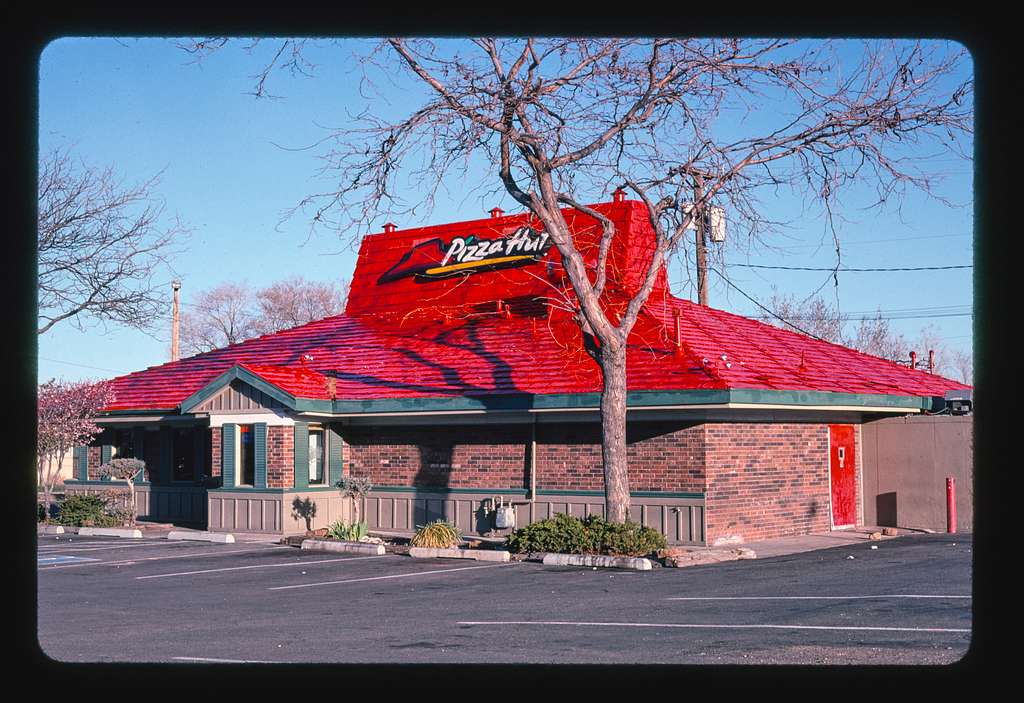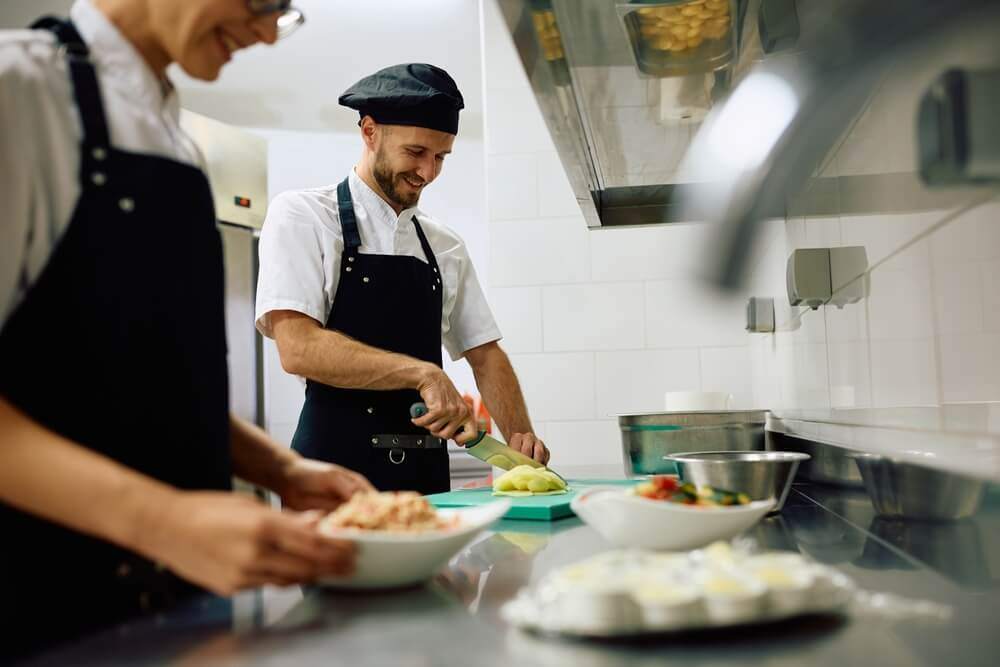
Embracing Culinary Innovation: Food Trucks Spark Local Economies
- Jan 21, 2025
As food trucks continue to grow in popularity throughout America, many citizens have become ardent fans, a trend that has left traditional brick-and-mortar restaurants worried. Data from IBIS World in 2023 indicated that there were nearly 53,000 food trucks spread across the USA, marking an impressive growth of almost 20% increase since the previous year. This upwards trend shows no signs of dying down and has stayed consistent for half a decade.
States like California, Texas, and Florida are prominent for hosting hundreds of these mobile eateries. In contrast, other areas have been less hospitable, installing various roadblocks to disrupt food truck operations. Restrictions might include limiting their operational territories, their working hours, and, in some cases, even adding fees to their business, all of which can act as deterrents to these entrepreneurs.
In cities like Chicago and New Orleans, business owners have found themselves clashing with city governments who appear to favor the interests of established eateries over the mobile independents. However, an optimistic viewpoint held by some communities sees food trucks as potential springboards for upcoming businesses that could eventually solidify into permanent establishments thereby increasing local tax revenues.
Among these accommodating cities, Dearborn, Michigan has been proactive in welcoming the burgeoning food truck community. An initiative led by their 34-year-old Mayor, Abdullah Hammoud, saw the inauguration of the first of three community spaces, known as Peace Parks, designed to be buzzing centres for community activity.
Mayor Hammoud spoke to Food & Wine, saying, “We’re trying to create a network of sister parks.” He further added, “That is what bolsters a community: places where friends can gather, where neighbors share stories, where entrepreneurs have an opportunity to blossom.” With these parks, Mayor Hammoud hopes to develop communal hubs separate from work and home.
From a previously vacant lot, the first of these parks was inaugurated, followed by a second park on the previous location of Dearborn City Hall. A third space is presently under construction. All these establishments will cost a total of $29.2 million.
Mayor Hammoud is passionate about the culinary possibilities in Dearborn, a city with around 107,000 residents, and a significant population of Arab-Americans. Known for his food recommendations, he often brings up the diversity in local cuisines, from ribs and Turkish food to an array of coffee shops and pastry places serving international delights like the viral Dubai chocolate bars.
During each park's inauguration, the emphasis on food trucks was evident. Official signs reading “Your Food Truck Here” were displayed prominently, welcoming vendors to serve their specialties. The mayor believes these parks present opportunities for new businesses to establish themselves while showing the community what they can offer.
The mayor's vision for dedicated food truck spots was conceived by spontaneous food truck gatherings around town. Seeing this potential, Dearborn officials decided to offer them proper zones equipped with electrical outlets and simplified permits, making their operation more feasible.
Although specifics like fee structure and vendor capacity are being finalized, city officials are being cautious to make sure food trucks can meet demand without undermining nearby restaurants; there are plans for future integration of food trucks into city events, festivals, private properties, and public spaces.
Amid the city’s growth, new ventures like The Canteen at Midtown, a wholly halal food hall featuring a food truck park in its parking lot, also bolster Dearborn's food trucks. Seen as the heart and soul of Dearborn's modern economy, these food businesses may not employ like Ford once did in its heyday, but they are unquestionably shaping the city's 21st-century economy.

